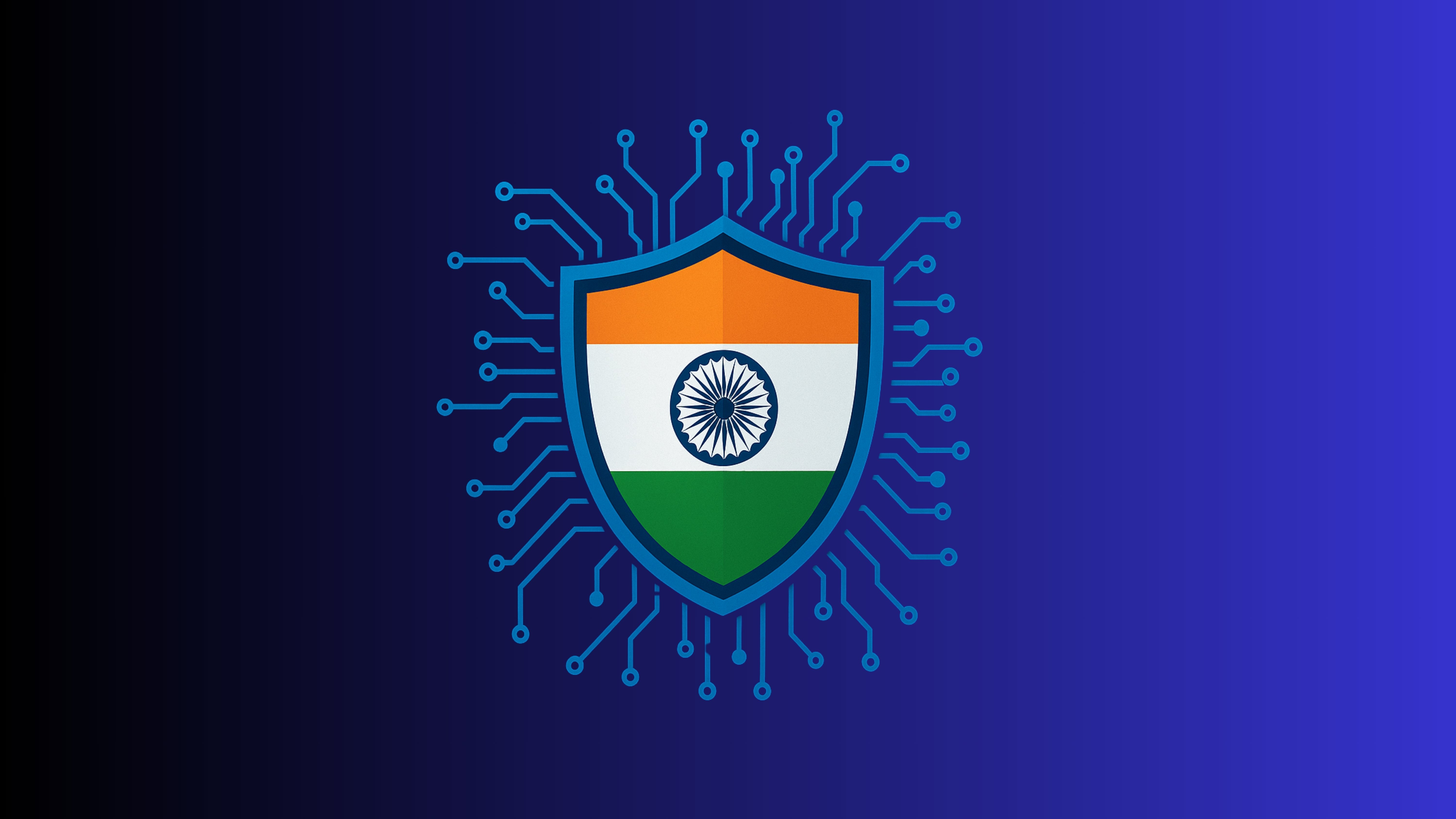A significant wave of public and private investment is set to place AI at the centre of the UK’s growth strategy. AI Growth Zones backed by substantial investment will drive job creation, high-tech infrastructure and local industry development across regions such as South Wales, London and Bristol.
Government officials stated that the measures aim to provide British firms with the tools necessary to scale and compete globally.
South Wales will host a significant £10 billion development expected to create over 5,000 jobs in the next decade. The zone will focus on data centres, advanced computing and AI research, supported by government funding for skills development and business adoption.
International tech companies expanding in the UK include Microsoft, Vantage Data Centres, Groq and Perplexity AI, each committing to new sites and enlarged workforces.
Further support will expand access to computing for researchers and start-ups nationwide. A government-backed advance market commitment worth up to £100 million will help hardware-focused AI firms secure their first key customers.
Officials confirmed nearly £500 million for the Sovereign AI Unit, which will scale domestic capabilities and back high-potential firms. Up to £137 million will also support the UK’s new AI-for-science strategy, which focuses on accelerating drug discovery and other breakthroughs.
Government representatives and industry leaders described the announcements as a turning point for the UK’s innovation capacity. Supporters say the measures will strengthen Britain’s tech leadership while creating jobs, boosting regional economies and advancing scientific progress.
Would you like to learn more about AI, tech and digital diplomacy? If so, ask our Diplo chatbot!









